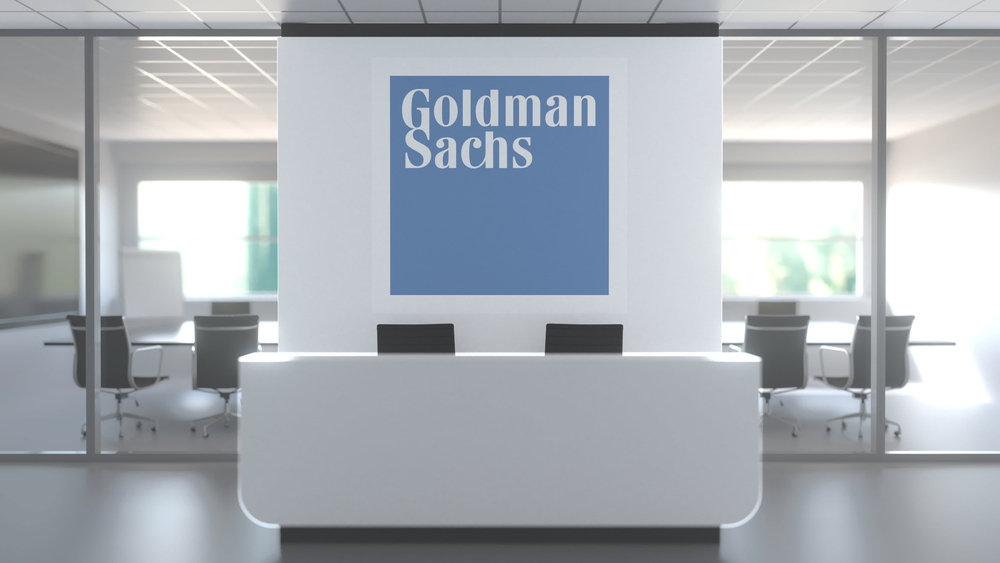Bitcoin, the world's first decentralized digital currency, is a revolutionary new way to store and transfer value. Although buying Bitcoin may seem daunting at first, the process is actually quite simple. A quick guide.
Want to take the plunge and invest in Bitcoin? Whether you're a first-time buyer or a seasoned trader, buying Bitcoin can be a daunting task. With so many options available, it can be difficult to know where to start. In this article, we will guide you through the different ways to buy bitcoin. In doing so, we rely exclusively on reputable providers.
Buy Bitcoin via a crypto exchange
Typically, people acquire cryptocurrencies such as Bitcoin through crypto exchanges. These platforms allow users to buy, sell and trade a variety of different cryptocurrencies with fiat currencies or other digital assets. The registration process is usually straightforward and requires users to provide personal information and a copy of their ID card. Once the operator has opened the account relationship, a payment or credit card can be used to fund the personal account. Once the money is credited to the account, nothing stands in the way of buying Bitcoins and Co. The use of hardware wallets is recommended for long-term storage.
 |  |  |
| One of the largest exchanges with a variety of available cryptocurrencies. | Common exchange with basic functions of crypto trading. | Alternative provider with the option of futures trading. |
Professional trading
More advanced trading instruments with the use of leverage with futures, options and more are offered by derivatives exchanges. These platforms are usually geared towards professional traders and require a higher level of experience and knowledge. A listing of providers with advanced trading features can be found in the CVJ.CH exchange overview.
 |  | |
| Einer der ersten Derivateanbieter im Krypto-Universum. | Neben Futures mit verschiedenen Laufzeiten sind auch klassische Optionskontrakte handelbar. | |
Bitcoin trading via decentralized platforms
The above methods of buying Bitcoin require a certain trust in central counterparties. In case of insolvency of the platform, as in the case of FTX, users can suffer a total loss. Therefore, DeFi protocols on various Ethereum-based blockchains have established themselves as decentralized alternatives. These allow users to self-custody their assets and are usually compatible with hardware wallets. Instead of counterparty risk, potential errors in the programming code of the platforms must be taken into account.
 |  |  |
| Grösste dezentrale Futures-Börse auf Layer 2 Lösung Arbitrum. Handel mit BTC, ETH, und AVAX möglich. | Eine der ersten dezentralen Futures-Börsen. Tiefe Transaktionsgebühren über die Starkware Layer 2 Lösung. | Einer der führenden Aggregatoren von dezentralen Börsen. Wählt die besten Handelsrouten. |
Investments, especially in Bitcoin and other cryptocurrencies, are fundamentally associated with risk. Especially in leveraged instruments, a total loss of the invested capital cannot be excluded. Bitcoin and cryptocurrencies are very volatile and can therefore be exposed to extreme price fluctuations in a short period of time.
Frequently Asked Questions (FAQ) about buying Bitcoin
- What is Bitcoin?
Bitcoin is a decentralized digital currency that enables secure peer-to-peer transactions without intermediaries such as banks. It was created in 2009 by an anonymous person or group of people using the pseudonym Satoshi Nakamoto. - How to buy Bitcoin?
- Understand Bitcoin and its risks.
- Choose a reliable cryptocurrency exchange.
- Set up an account with the selected exchange.
- Verify your identity according to the exchange's requirements.
- Secure your account with strong passwords and two-factor authentication.
- Fund your account using the various payment methods available on the exchange.
- Buy Bitcoin through the platform.
- Safely store your Bitcoin in a wallet.
- What is a Bitcoin wallet?
A Bitcoin wallet is a digital wallet that allows you to securely store, send, and receive Bitcoin. It consists of a public address (similar to a bank account number) and a private key (for accessing and managing the Bitcoin stored in the wallet). - How do I choose a Bitcoin wallet?
When selecting a Bitcoin wallet, consider factors such as security features, user-friendliness, compatibility with your devices, and reputation. There are different types of wallets, including hardware wallets, software wallets, and online wallets. The following article provides more information about crypto wallets. - Are crypto exchanges safe?
While reputable cryptocurrency exchanges employ security measures to protect users' funds, it is important to choose a reliable and well-established exchange. Look for exchanges with strong security protocols, such as two-factor authentication, cold storage of funds, and a solid track record of safeguarding user funds. After purchasing Bitcoin, it is advisable to self-custody it using a hardware wallet. - Can I buy fractions of a Bitcoin?
Yes, you can buy fractions of a Bitcoin. Bitcoin is divisible up to eight decimal places, with the smallest unit called a Satoshi. This divisibility allows investors to buy small amounts of Bitcoin even if they cannot afford to buy a whole Bitcoin. - Can I use a credit card to buy Bitcoin?
Many cryptocurrency exchanges accept credit card payments, but availability depends on the exchange and your location. Check the payment options offered by your chosen exchange to see if credit card purchases are supported. - Is buying Bitcoin risky?
Buying Bitcoin carries certain risks. The price of cryptocurrencies can be highly volatile, and its value can fluctuate dramatically. It is important to conduct thorough due diligence, understand the associated risks, and only invest as much as you can afford to lose.





